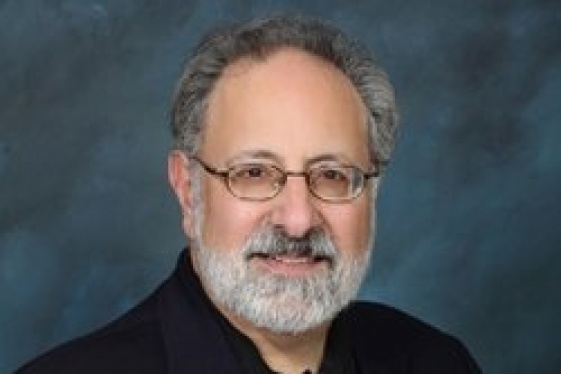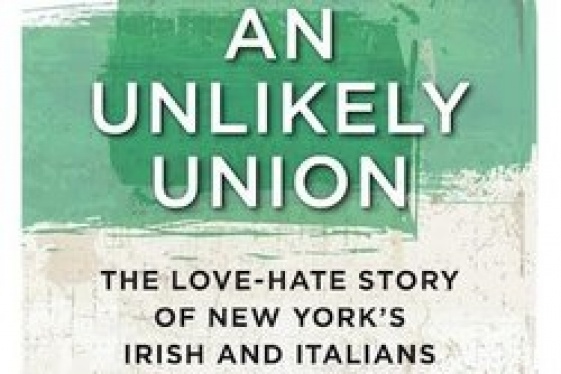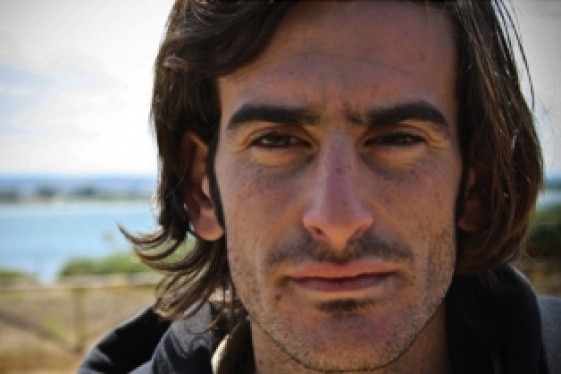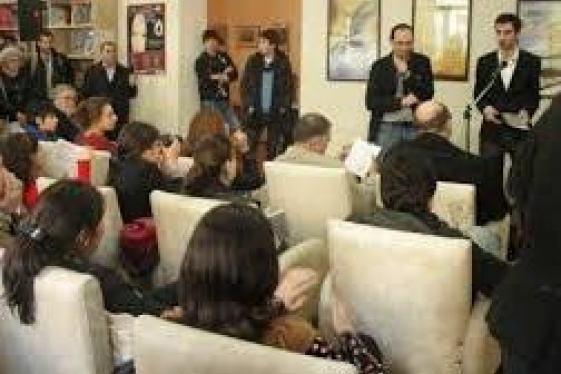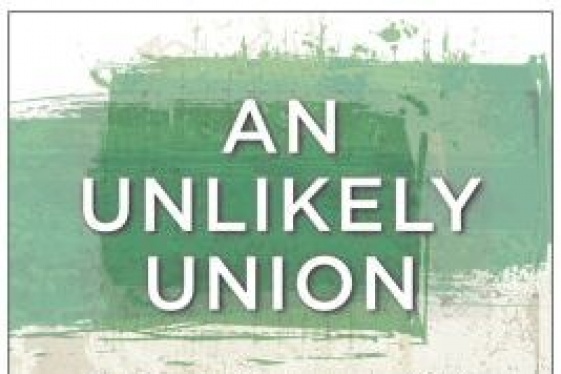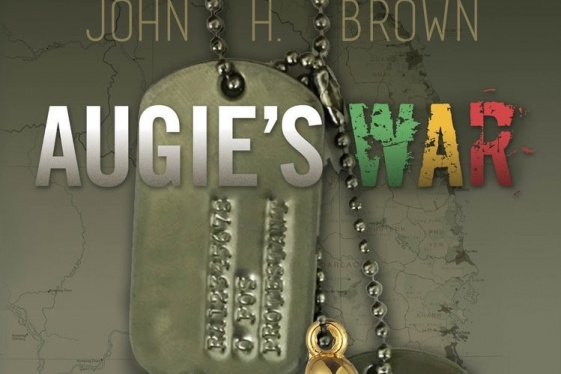

In a desolate valley outside Eureka, Nevada, lies the common grave where five Italian charcoal burners were shot dead in 1879 by a sheriff’s posse while striking for better wages on the burgeoning mining frontier. Their names were Giovanni Pedroni, Marcellus Locatelli, Teodoro Zesta, Pompeo Pattini, Antonio Canonica.
Yet, for well over a century, their plight was practically unknown. It took one man, author Silvio Manno, to rescue them from obscurity with the 2016 publication of his book, Charcoal and Blood: Italian Immigrants in Eureka, Nevada and the Fish Creek Massacre.
Fast forward to 2019 when I read an interview with the Fresno, California-based Mr. Manno in We The Italians magazine. I was so moved by this forgotten injustice and by Mr. Manno’s own story as an Italian immigrant that I decided to make a documentary on the subject. Titled The Loneliest Road, it sets out to examine the conditions of early mining camps and how the idea of the American Dream for those Italian-immigrant charcoal burners – originally from the Northern Ticino area – was complicated by deep-seated resentments not only by Anglo-Americans and English-speaking immigrants but also by their more-established fellow Italian immigrants. It addresses class and ethnic conflict in the American West and brings to light a tragedy that has, until more recently, been largely overlooked. The Fish Creek Massacre is considered the first act of violence against Italian immigrants in America.
Scheduled to go into production in Summer 2021, the film will follow Mr. Manno on his journey from Fresno to Eureka to find the site of the massacre and his investigation into this tragedy. Mr. Manno was born in Calabria and grew up in Milan. He immigrated to the United States in 1976, later earning an MA in Linguistics from California State University Fresno and becoming a bilingual teacher (Spanish/English) and Italian immigration historian. The title, The Loneliest Road, references US Highway 50 – dubbed “The Loneliest Road in America” – that he took to Fish Creek to visit and research this long-buried event.
On a related note, in 2006, Mr. Manno authored and photographed The Forestiere Underground Gardens: A Pictorial Journey. The book recounts the painstaking work of Sicilian immigrant and citrus grower, Baldassare Forestiere, who single-handedly crafted this Fresno environmental wonder in the early 1900s. In addition to the Fish Creek Massacre, my documentary will explore the author’s own psychological journey as an Italian immigrant, his work in bilingual education, and his efforts to preserve Fresno’s Forestiere Underground Gardens – a model of immigrant ingenuity.
The Loneliest Road aims to further rescue those five charcoal burners from invisibility and validate that they did not die in vain. The documentary is a crucial means for revealing and celebrating the contributions of Italian immigrants toward workers’ rights, fair wages and inclusion in American entrepreneurship. These men’s commitment against daunting odds makes them role models for current and future generations.
Ultimately, The Loneliest Road is a larger metaphor for the immigrant experience in the United States.
Support production of The Loneliest Road here: https://charity.gofundme.com/o/en/campaign/support-production-of-our-documentary-on-a-tragic-forgotten-injustice
You may be interested
-
'Phantom Limb': A Conversation With Dennis...
Dennis Palumbo is a thriller writer and psychotherapist in private practice. He's the auth...
-
An Unlikely Union: The love-hate story of Ne...
Award-winning author and Brooklynite Paul Moses is back with a historic yet dazzling sto...
-
Davide Gambino è il miglior "Young Italian F...
Si intitola Pietra Pesante, ed è il miglior giovane documentario italiano, a detta della N...
-
Former Montclair resident turns recipes into...
Former Montclair resident Linda Carman watched her father's dream roll off the presses thi...
-
''La Gente di Mulberry Street'' presentato a...
Valsinni- Italia, terra di emigranti. Presentato a Valsinni il nuovo saggio storico di Raf...
-
'An Unlikely Union' author Paul Moses on his...
by Ginger Adam Otis Any journalist who has ever been an author has lived through...
-
'An Unlikely Union': Paul Moses on the urban...
Few American cities, with the possible exception of Chicago, do urban ethnic drama like Ne...
-
'Augie’s War' novelist to appear at Elkins bo...
Charleston author and Gazette-Mail wine columnist John H. Brown will conduct a book readin...



